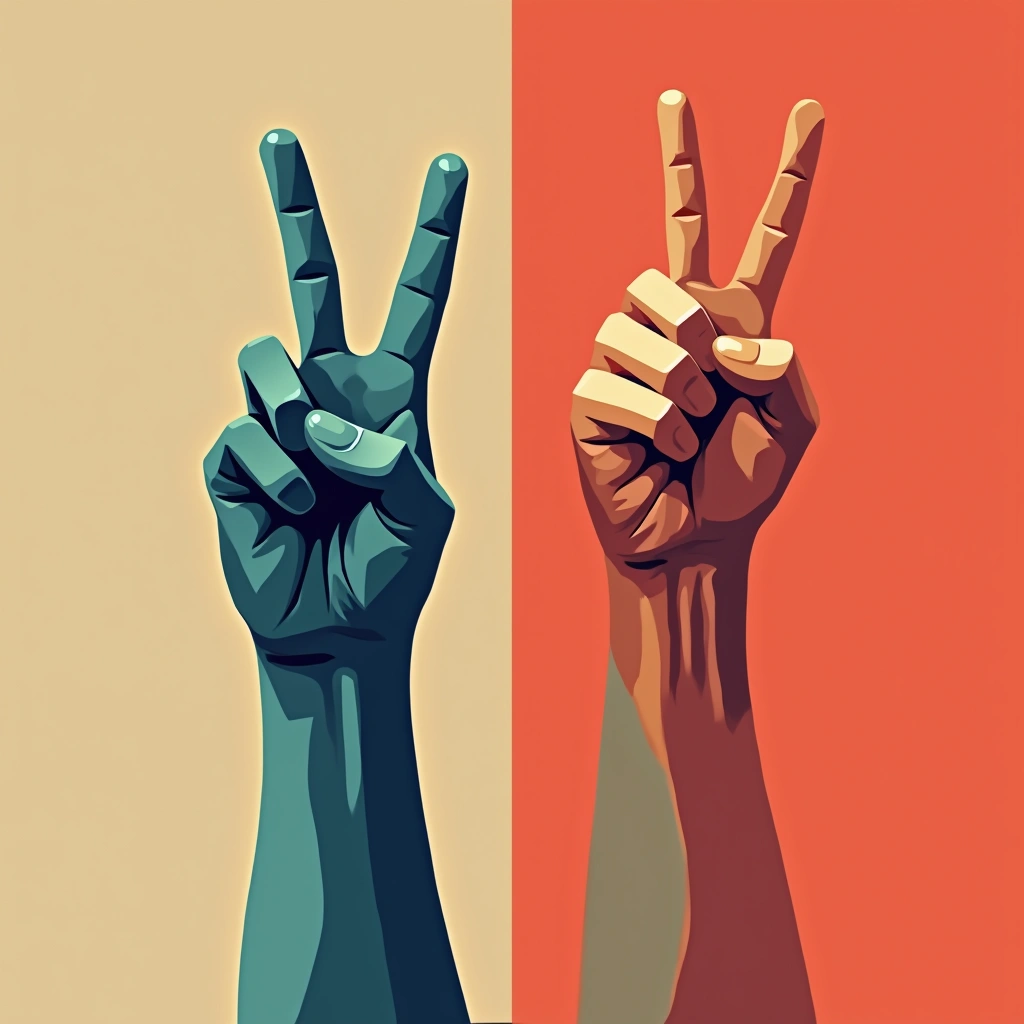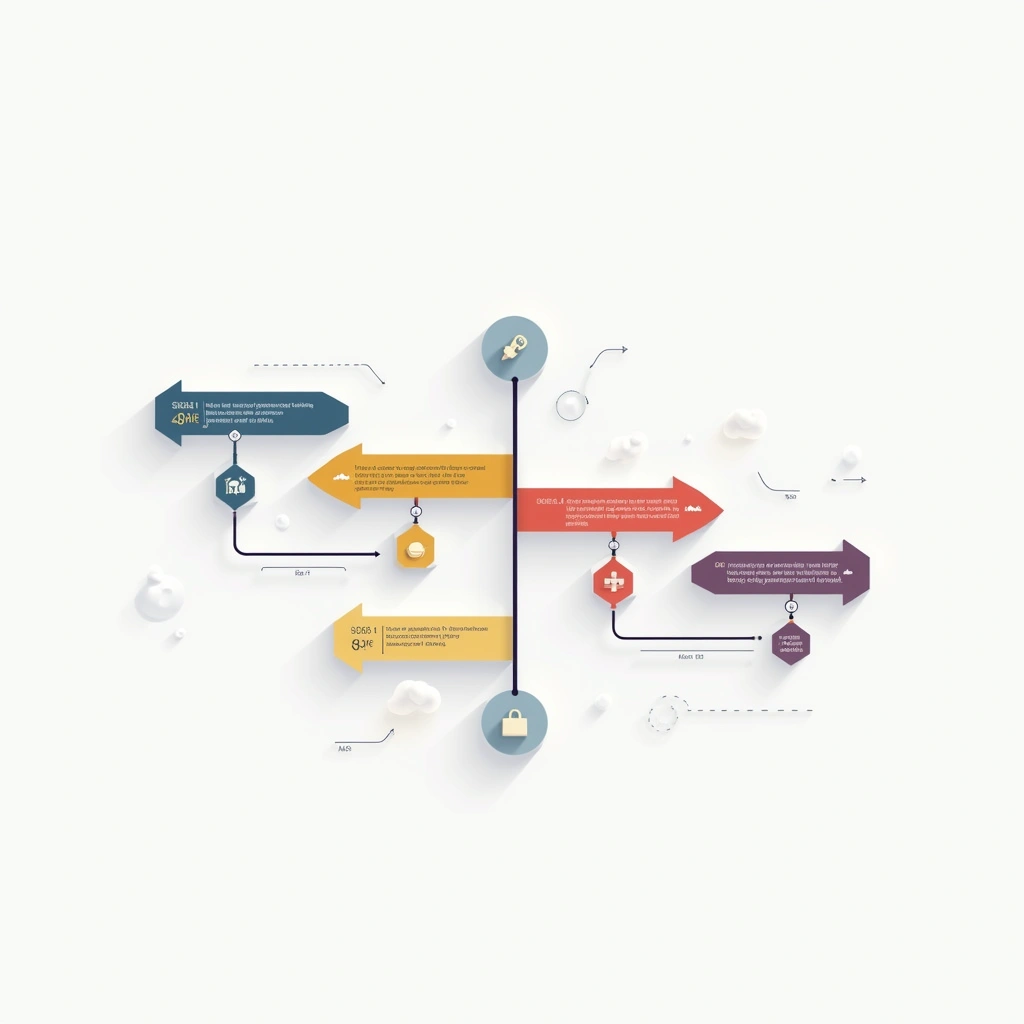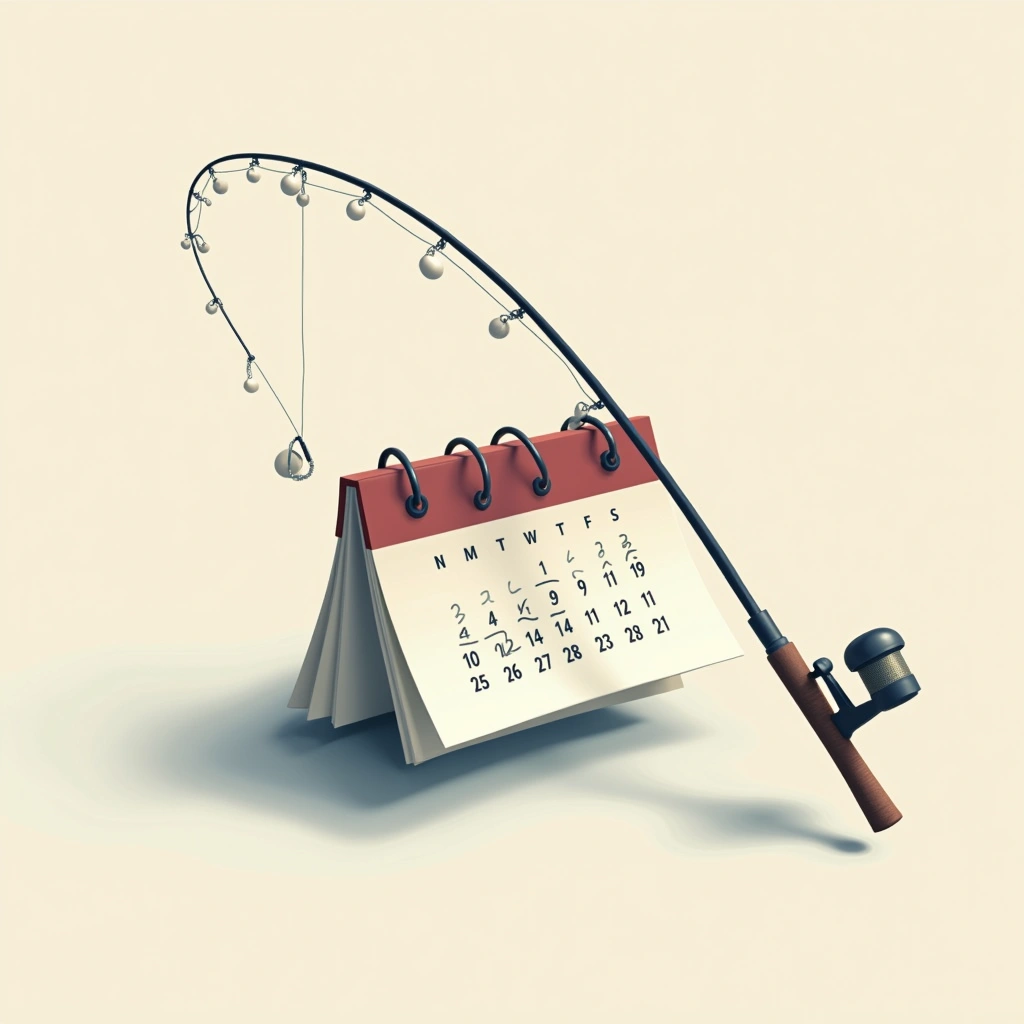
Prioritize daily exercise
Maintains consistent gym routine without relying on willpower, recognizing physical activity as non-negotiable for mental health and stress management. Treats exercise as essential as work commitments.



Late-night meal routine
Eats dinner around midnight after live broadcasts, accepting the metabolic trade-offs of nighttime eating to accommodate work demands. Balances this with conscious nutritional choices during daytime hours.



Weekly digital detox
Takes one full day each weekend completely off-grid, engaging in outdoor activities away from urban environments. Strictly avoids work-related communications during this time.



Maintain signature appearance
Keeps short, practical hairstyle and deliberately neutral wardrobe to minimize viewer distraction from content. Rejects traditional TV anchor aesthetics in favor of authentic personal style.



Avoid debate-style segments
Refuses to host confrontational panel discussions, preferring substantive interviews with single experts. Eliminates 'gotcha' moments in favor of constructive dialogue.



Cultivate core production team
Works with small trusted staff of 12-15 people across multiple projects. Maintains long-term collaborations with key researchers and producers.



Strategic workload management
Reduced weekly show schedule to protect physical health while maintaining production quality. Balances TV work with lower-impact podcast projects.



Legacy team development
Actively mentors staff members to ensure institutional knowledge preservation. Creates opportunities for team members to grow within organization.



Expert-focused guest selection
Prefers interviewing field specialists over professional pundits. Prioritizes guests who provide novel insights rather than predictable commentary.



Single-guest interview format
Avoids panel discussions in favor of deep-dive conversations with individual experts. Allows extended exploration of complex topics without artificial time constraints.



Deliberate style neutrality
Wears intentionally nondescript clothing on air to focus attention on content. Rejects traditional TV anchor fashion expectations.



Historical pattern analysis
Begins broadcasts with deep dives into historical precedents for current events. Connects past political strategies to modern developments.



Action-focused reporting
Analyzes political figures' concrete actions over rhetorical statements. Prioritizes policy impacts over press conference narratives.



Public health advocacy
Uses platform to promote evidence-based medical practices. Clearly explains complex health policies to general audiences.



Cross-platform storytelling
Develops investigative content for multiple media formats simultaneously. Adapts complex stories for TV, podcast, and print audiences.



Military policy specialization
Maintains ongoing study of defense budgets and veteran affairs. Builds relationships with military policy experts.



International oddities tracking
Monitors unusual global developments as potential teaching moments. Uses quirky stories to illustrate broader political dynamics.



Script preparation ritual
Writes detailed show outlines with exact timing markers. Practices technical delivery elements like camera focus shifts.



Constructive self-critique
Reviews broadcast recordings to identify improvement areas. Focuses on substantive content over presentation style.



Educational credential leverage
Incorporates academic research methods into journalism practice. References peer-reviewed studies during complex policy discussions.



Long-term relationship nurturing
Maintains decades-long personal and professional relationships. Prioritizes partner input in major life decisions.



Canine training commitment
Invests significant time in professional dog training classes. Views pet care as serious responsibility rather than hobby.



Recreational skill development
Dedicate time to mastering non-work hobbies like fishing. Approaches leisure activities with structured learning plans.

